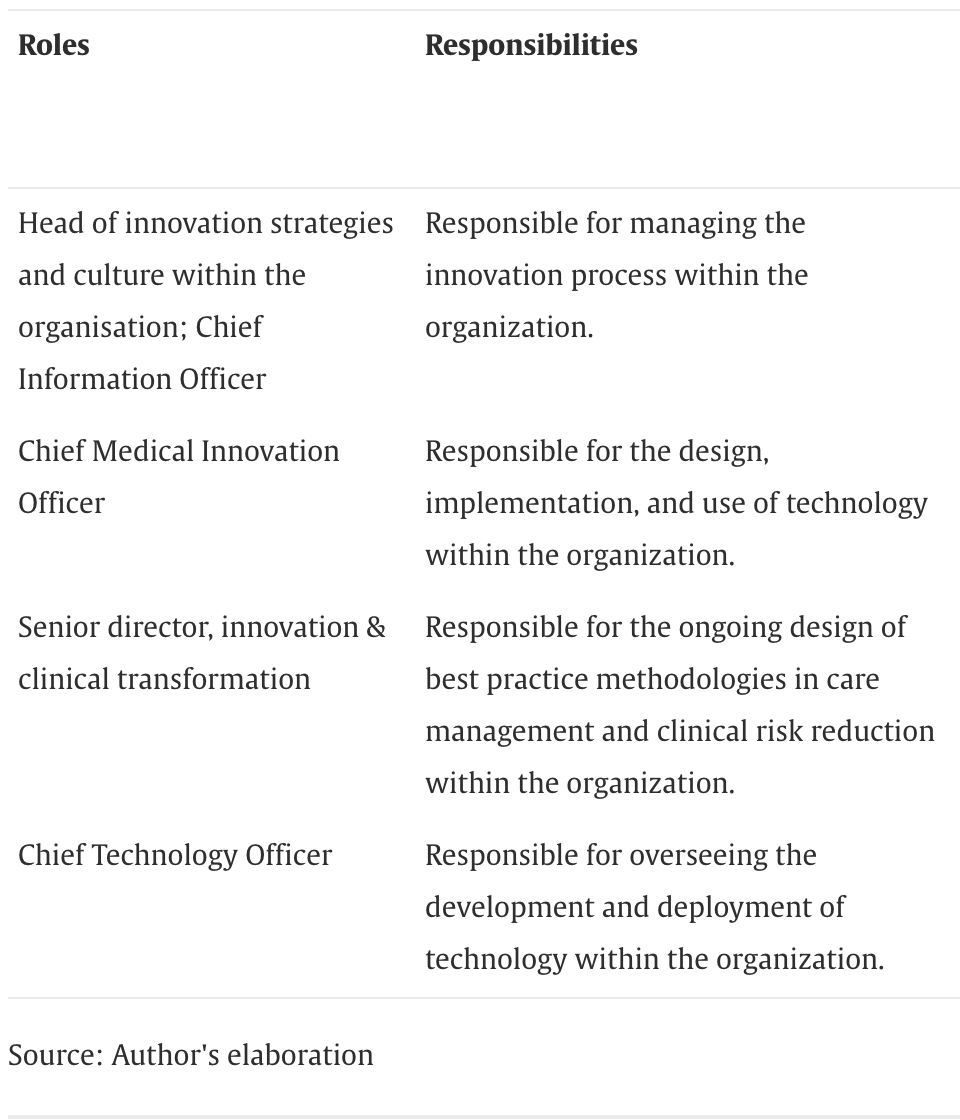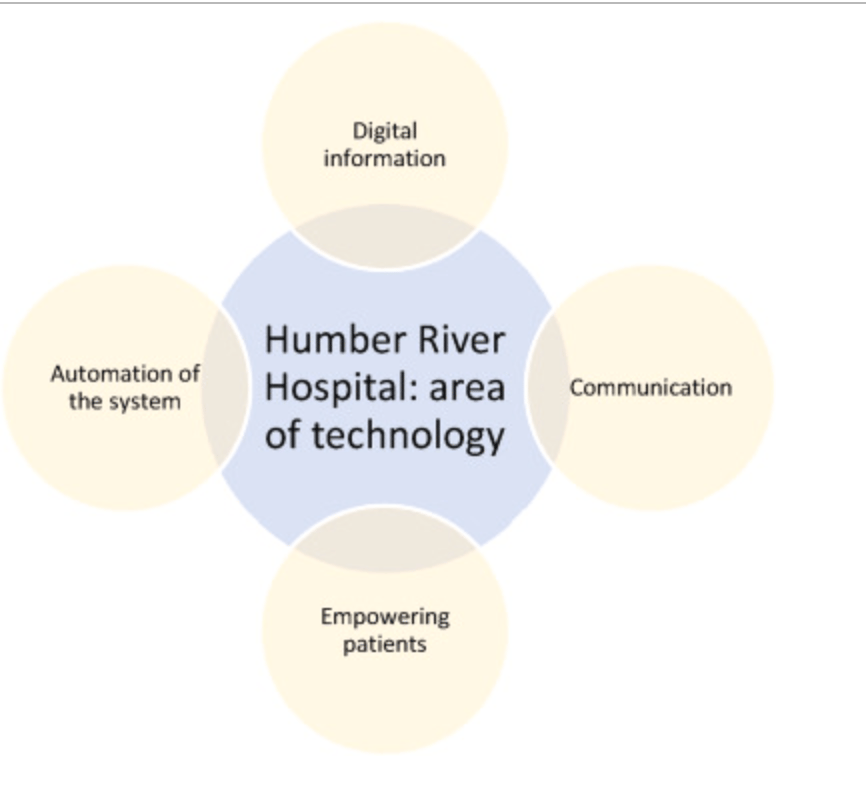Main Point
The main point of the scholarly article is to discuss the challenges and ethical concerns surrounding the use of artificial intelligence (AI) in medical imaging and its potential impact on healthcare. The article aims to provide a comprehensive understanding of the pitfalls of current AI algorithms, data governance issues, cybersecurity breaches in healthcare, stakeholder perspectives on AI adoption, and the need for proper legal and regulatory frameworks.
5 Salient Points
Data Governance and Privacy Concerns: AI algorithms require extensive medical data for training and validation, raising concerns about patient privacy and data protection. Proper data governance protocols are necessary to safeguard patient information and ensure transparent use of data.
Algorithm Robustness and Explainability: Deep learning algorithms used in medical imaging may be vulnerable to adversarial attacks and lack explainability, making it challenging to identify the cause of errors and gain trust from clinicians.
Stakeholder Consensus: Various stakeholders, including clinicians, hospital managers, policymakers, and patients, have different perspectives on AI adoption in healthcare. Achieving consensus and addressing concerns from all parties is essential for successful implementation.
Legal Liability: The legal framework for AI in healthcare needs to adapt to the rapidly advancing technology. The lack of explainability in AI models raises questions about liability in case of errors or adverse outcomes.
Cybersecurity Risks: Healthcare institutions are vulnerable to cyberattacks, and the increasing use of AI systems may pose additional risks if not adequately secured.
🎯Immediate Application



